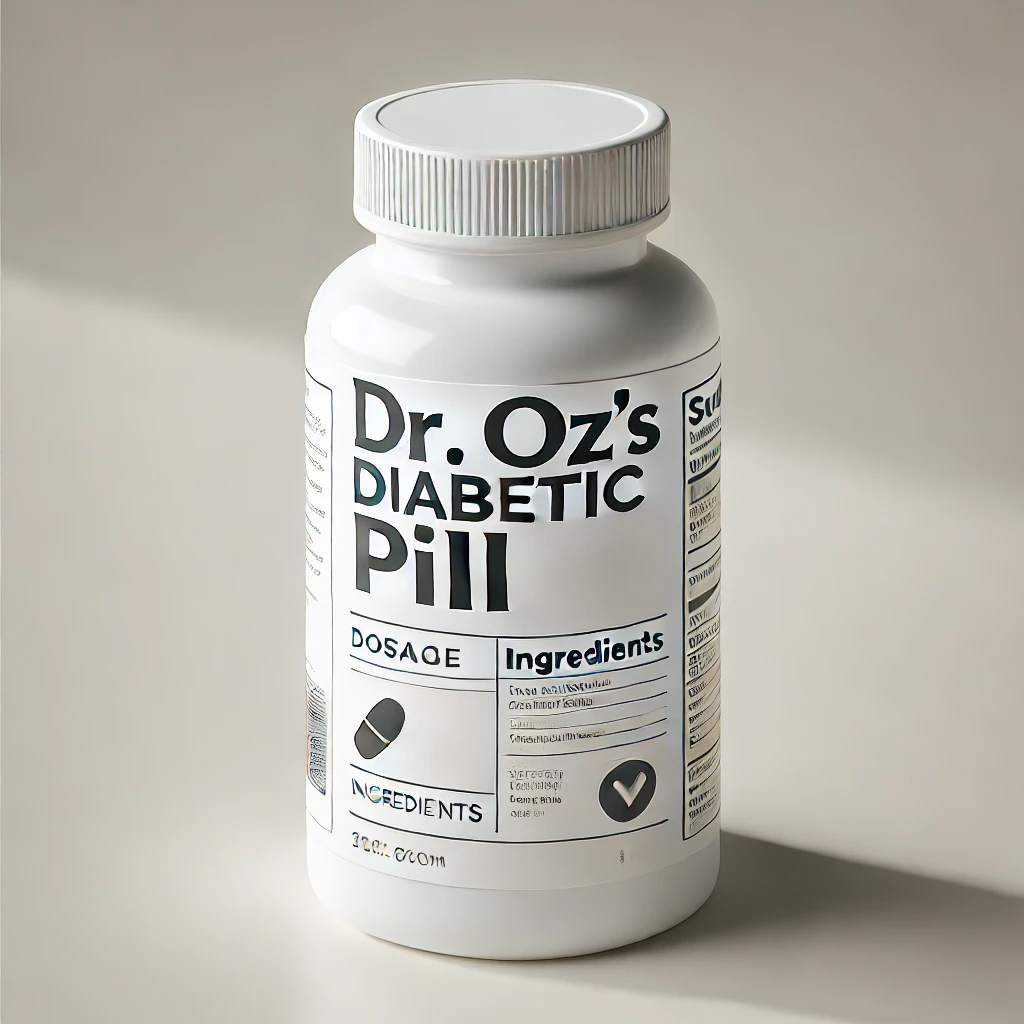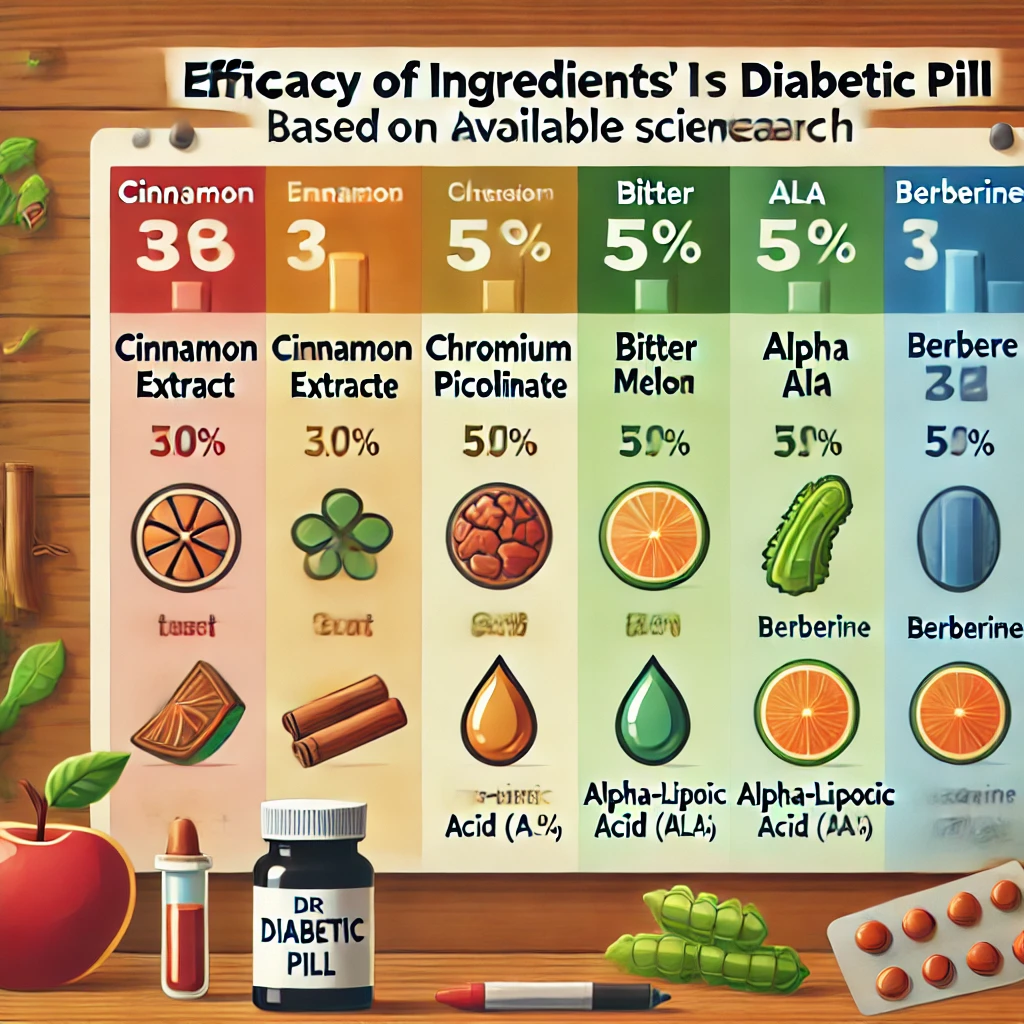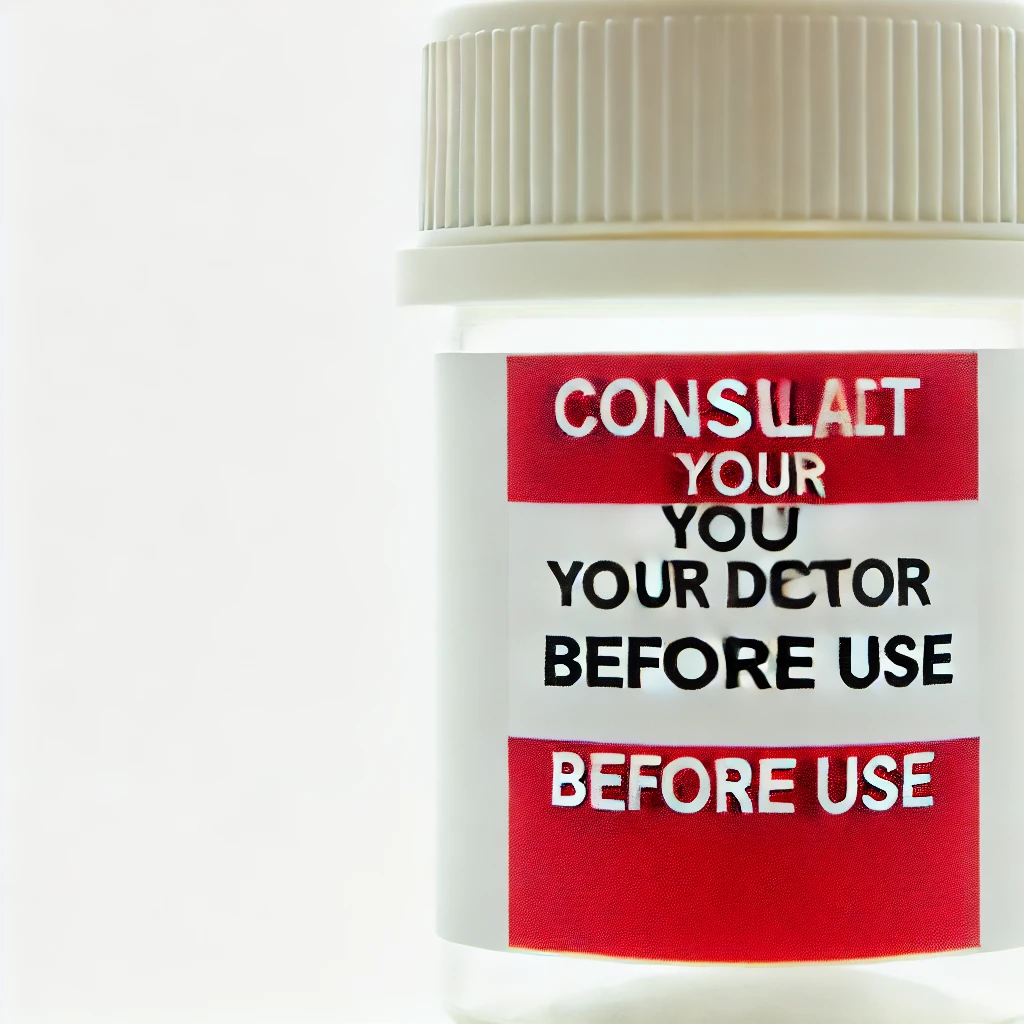Dr. Oz’s Diabetic Pill
September 3, 2024 | by tripathipriyanshu371@gmail.com

Table of Contents
ToggleINTRODUCTION
In recent years, Dr. Mehmet Oz, a well-known television personality and medical professional, has made headlines with his various health recommendations. One of the most controversial topics associated with his name is the so-called “Dr. Oz diabetic pill.” This pill is claimed to help manage or even reverse diabetes, a chronic condition that affects millions worldwide. In this article, we’ll dive deep into what this pill is, how it works (or doesn’t), and whether it’s worth considering for those struggling with diabetes.

What is Dr. Oz's Diabetic Pill?
Dr. Oz’s diabetic pill is often marketed as a natural supplement that can help regulate blood sugar levels and improve insulin sensitivity. The pill usually contains a blend of herbs, vitamins, and minerals believed to aid in managing diabetes. These supplements are often seen as an alternative or complementary approach to conventional diabetes treatments.
Common Ingredients in Dr. Oz’s Diabetic Pill:
- Cinnamon Extract: Known for its potential to lower blood sugar levels by improving insulin sensitivity.
- Chromium Picolinate: A mineral that may help the body’s insulin response, making it easier to control blood sugar levels.
- Bitter Melon: A fruit extract traditionally used in Ayurvedic medicine for managing diabetes.
- Alpha-Lipoic Acid (ALA): An antioxidant that has been studied for its ability to reduce oxidative stress and improve insulin sensitivity.
- Berberine: An alkaloid found in several plants that may help reduce glucose production in the liver.
The Science Behind the Claims
Dr. Oz often emphasizes that the ingredients in his diabetic pill are backed by scientific research. However, it’s essential to scrutinize these claims to determine their validity. Let’s take a closer look at the science behind each primary ingredient.
1. Cinnamon Extract
Cinnamon has been studied for its potential anti-diabetic properties. Some studies suggest that cinnamon can lower fasting blood glucose levels and improve insulin sensitivity. However, the results are mixed, with other studies showing minimal or no effect. The variability in cinnamon’s effectiveness could be due to differences in study design, dosage, and the specific type of cinnamon used.
2. Chromium Picolinate
Chromium is an essential trace element that plays a role in carbohydrate and lipid metabolism. Some studies indicate that chromium picolinate supplementation can improve glycemic control in people with type 2 diabetes. However, the evidence is not robust, and the American Diabetes Association does not recommend chromium supplements for managing diabetes due to inconsistent results.
3. Bitter Melon
Bitter melon has been used in traditional medicine for centuries to treat diabetes. Modern research supports its potential to lower blood sugar levels, but most studies are small-scale and preliminary. More extensive clinical trials are needed to confirm its efficacy and safety.
4. Alpha-Lipoic Acid (ALA)
ALA is a powerful antioxidant that has shown promise in reducing oxidative stress and improving insulin sensitivity. Some studies suggest that ALA supplementation can improve glucose metabolism in people with type 2 diabetes. However, the long-term effects and optimal dosage remain unclear.While Alpha-Lipoic Acid has shown promise in improving insulin sensitivity, more research is needed to fully understand its potential. The Role of Artificial Intelligence in Early Disease Detection can provide deeper insights into how AI can enhance our understanding of such compounds.
5. Berberine
Berberine has gained attention for its potential to lower blood glucose levels by reducing liver glucose production and improving insulin sensitivity. Several studies support its use in managing type 2 diabetes, but like other supplements, more research is needed to fully understand its effects and safety.

Is Dr. Oz's Diabetic Pill Effective?
While the individual ingredients in Dr. Oz’s diabetic pill show some promise, the overall effectiveness of the pill as a whole remains questionable. The combination of these ingredients may have a synergistic effect, but without large-scale clinical trials, it’s challenging to determine whether the pill is genuinely effective in managing diabetes.
Moreover, the lack of regulation in the supplement industry means that the quality and potency of these pills can vary widely between brands. Consumers must be cautious and consult with a healthcare professional before adding any new supplement to their regimen.
The Placebo Effect
One factor that may contribute to the perceived effectiveness of Dr. Oz’s diabetic pill is the placebo effect. When individuals believe they are taking something beneficial, they may experience improvements in their symptoms, even if the pill itself has little to no active effect. This psychological phenomenon is well-documented in medical research and highlights the importance of rigorous clinical testing.
Potential Risks and Side Effects
Like any supplement, Dr. Oz’s diabetic pill is not without risks. While the ingredients are generally considered safe, they can still cause side effects, particularly when taken in high doses or combined with other medications.
Possible Side Effects:
- Cinnamon Extract: High doses can lead to liver damage, especially in individuals with existing liver conditions.
- Chromium Picolinate: Over-supplementation can lead to kidney and liver damage, as well as hypoglycemia (low blood sugar).
- Bitter Melon: May cause gastrointestinal issues, such as diarrhea and abdominal pain.
- Alpha-Lipoic Acid: High doses can cause nausea, vomiting, and dizziness.
- Berberine: Can interact with several medications, including those used to lower blood pressure and cholesterol, and may cause digestive issues.
It’s crucial for individuals to discuss any new supplement with their healthcare provider to ensure it’s safe and won’t interfere with their current treatment plan.

The Controversy Surrounding Dr. Oz and His Recommendations
Dr. Oz has been a polarizing figure in the medical community for years. While he is a licensed physician and cardiothoracic surgeon, his endorsements of various supplements and alternative treatments have drawn criticism. Many of his recommendations are viewed as sensationalized and not always grounded in robust scientific evidence.
Dr. Oz’s Congressional Testimony
In 2014, Dr. Oz was called to testify before the U.S. Senate’s Subcommittee on Consumer Protection, Product Safety, and Insurance. He was questioned about his promotion of weight loss products, which some lawmakers considered deceptive and harmful. While Dr. Oz defended his intentions, the incident highlighted the potential dangers of celebrity endorsements in the health and wellness industry.

Alternative Approaches to Managing Diabetes
For individuals seeking to manage diabetes naturally, there are several evidence-based strategies beyond supplements. These approaches focus on lifestyle changes and can significantly impact blood sugar levels and overall health.
1. Diet and Nutrition
A balanced diet rich in whole foods, such as vegetables, fruits, lean proteins, and whole grains, is crucial for managing diabetes. Reducing the intake of refined carbohydrates and sugars can help stabilize blood sugar levels. Additionally, some foods, like leafy greens and fatty fish, have specific properties that may aid in blood sugar regulation.
2. Regular Exercise
Physical activity is another cornerstone of diabetes management. Regular exercise helps improve insulin sensitivity, lower blood sugar levels, and maintain a healthy weight. Even simple activities like walking can have significant benefits.
3. Stress Management
Chronic stress can negatively impact blood sugar levels by increasing cortisol, a hormone that raises blood glucose. Techniques such as meditation, deep breathing exercises, and yoga can help reduce stress and improve overall well-being.
4. Medication and Insulin Therapy
For many individuals with diabetes, lifestyle changes alone may not be enough to manage the condition. Medications, including insulin therapy, are often necessary to keep blood sugar levels within a healthy range. It’s essential to work closely with a healthcare provider to develop a personalized treatment plan.
Conclusion: Should You Consider Dr. Oz's Diabetic Pill?
Dr. Oz’s diabetic pill, like many dietary supplements, may offer some benefits due to its ingredients. However, it is not a substitute for proven medical treatments and lifestyle changes that are essential for managing diabetes. The pill’s effectiveness remains uncertain, and potential risks must be carefully weighed.
If you’re considering Dr. Oz’s diabetic pill, consult with your healthcare provider first. They can help you evaluate whether this supplement is appropriate for your specific health needs and guide you on the best approach to managing your diabetes.
Remember, no pill can replace the fundamental aspects of diabetes care: a healthy diet, regular exercise, stress management, and medication when necessary. Stay informed, be skeptical of sensational claims, and prioritize your health by making decisions based on sound medical advice.

RELATED POSTS
View all
The Role of Artificial Intelligence in Early Disease Detection
August 31, 2024 | by tripathipriyanshu371@gmail.com

